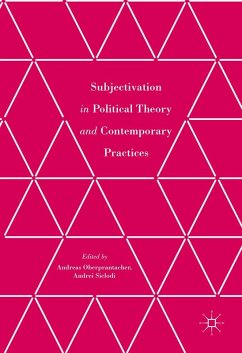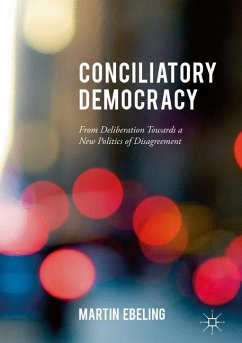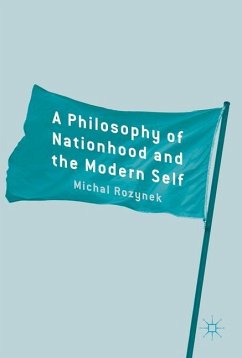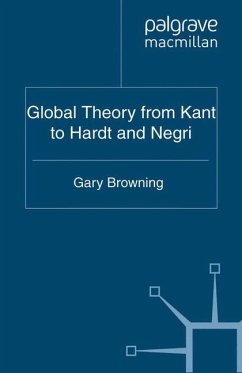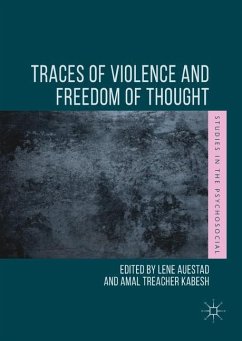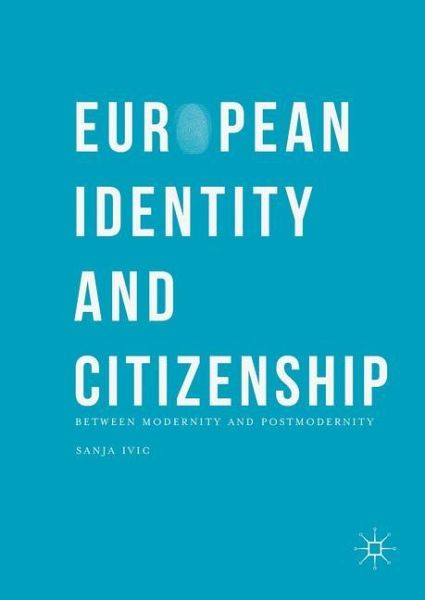
European Identity and Citizenship
Between Modernity and Postmodernity

PAYBACK Punkte
19 °P sammeln!
This book uses a theoretical and empirical approach to explore the philosophies of European citizenship and European identity. The author applies a focused analytical framework to argue that European identity and citizenship should be perceived as postmodern categories which are multi-layered, dynamic and fluid.The book offers a detailed review of political and legal studies which do not comprehend or explain postmodernist concepts of citizenship and identity. In the theoretical part of the book various philosophical models of citizenship and identity (from antiquity to the postmodern era) are...
This book uses a theoretical and empirical approach to explore the philosophies of European citizenship and European identity. The author applies a focused analytical framework to argue that European identity and citizenship should be perceived as postmodern categories which are multi-layered, dynamic and fluid.
The book offers a detailed review of political and legal studies which do not comprehend or explain postmodernist concepts of citizenship and identity. In the theoretical part of the book various philosophical models of citizenship and identity (from antiquity to the postmodern era) are portrayed, and the author's own theory and analytical framework is developed. The empirical part of the book discusses a variety of case studies illustrating how European Union policies apply to this framework.
The book offers a detailed review of political and legal studies which do not comprehend or explain postmodernist concepts of citizenship and identity. In the theoretical part of the book various philosophical models of citizenship and identity (from antiquity to the postmodern era) are portrayed, and the author's own theory and analytical framework is developed. The empirical part of the book discusses a variety of case studies illustrating how European Union policies apply to this framework.





